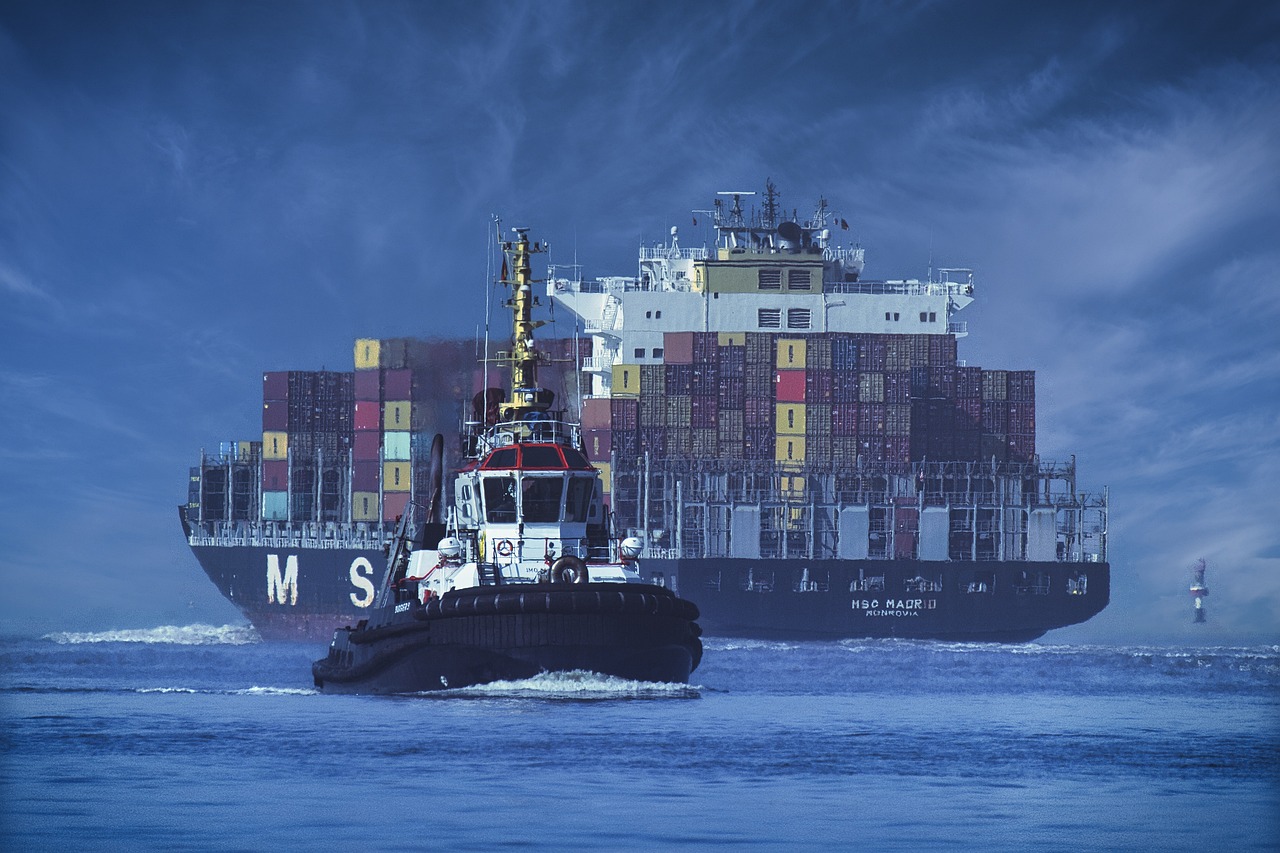Definition and Purpose of Economic Sanctions
Economic sanctions are strategic tools used by nations or international bodies to influence the behavior or policies of other countries. They can take many forms, such as trade embargoes, financial restrictions, or asset freezes. The main goal is to compel nations to change policies, especially in cases of human rights abuses or military aggression. A historical example is the United Nations’ sanctions on North Korea, aimed at curbing its nuclear ambitions. These measures are often seen as alternatives to military intervention, offering a non-violent means of exerting pressure. However, the effectiveness of sanctions can vary, and they often spark debates about their humanitarian impact.
Historical Context of Economic Sanctions

Economic sanctions have been a part of international diplomacy since the early 20th century. The League of Nations was among the first to use them in the 1920s, though their effectiveness was frequently questioned. Over the decades, especially post-Cold War, the use of sanctions has increased significantly. The United States, for instance, has imposed sanctions on countries like Iran and Iraq, aiming to influence their policies. According to the Council on Foreign Relations, the global use of sanctions has risen sharply since the 1990s. This trend reflects a shift in how countries engage in international relations, often using sanctions as a way to avoid direct conflict.
The Rise of Financial Sanctions

Financial sanctions have emerged as a particularly potent form of economic sanctions. These target a nation’s financial infrastructure, limiting access to global banking and capital markets. A case in point is the U.S. sanctions on Russia following its annexation of Crimea in 2014, which had a marked impact on the Russian economy. Financial sanctions can decrease foreign investment and lead to currency devaluation, as highlighted by a Brookings Institution report. These measures are designed to isolate a nation’s economy from the global financial system, applying pressure without resorting to military action.
Impact on Global Trade

Economic sanctions can disrupt global trade, affecting not only the sanctioned countries but also their international trade partners. For instance, sanctions on Iran have drastically reduced its oil exports, influencing global oil prices. The International Energy Agency notes a significant drop in Iranian oil production, from 4 million barrels per day in 2017 to just over 200,000 barrels per day in 2021. This illustrates how sanctions can have a ripple effect, altering trade dynamics worldwide. Such disruptions can lead to economic instability, prompting nations to seek alternative trade routes and partners.
The Role of Technology in Sanctions Enforcement
Advancements in technology have revolutionized the enforcement of economic sanctions. The rise of digital currencies and blockchain technology presents new challenges, as they can facilitate transactions outside traditional banking systems. The Financial Action Task Force (FATF) has expressed concerns that cryptocurrencies could be used to bypass sanctions. This necessitates that governments update their enforcement strategies to address these technological developments. As digital currencies gain popularity, their role in the sanctions landscape is becoming increasingly significant, complicating efforts to regulate international transactions.
The Humanitarian Impact of Sanctions
While economic sanctions aim to target governments, they often have unintended humanitarian consequences. Sanctions can lead to shortages of essential goods, like food and medicine, exacerbating crises in affected countries. Venezuela, for example, has faced severe health and nutrition challenges, partly due to international sanctions, as reported by the World Health Organization. Balancing the political objectives of sanctions with their humanitarian impact remains a contentious issue. Policymakers are increasingly challenged to mitigate these adverse effects while maintaining the pressure on targeted regimes.
The Geopolitical Landscape and Sanctions

Economic sanctions are becoming key instruments in geopolitical strategies. Nations such as China and Russia are developing alternative financial systems to reduce reliance on Western-controlled financial institutions. The creation of entities like the Asian Infrastructure Investment Bank (AIIB) and the BRICS New Development Bank exemplifies this shift. These developments indicate a move towards a more multipolar world, where economic sanctions play a crucial role in international power dynamics. As countries strive for greater autonomy, the nature and impact of sanctions continue to evolve.
The Effectiveness of Economic Sanctions

The effectiveness of economic sanctions remains a topic of debate among experts. While some argue that sanctions can achieve meaningful policy changes, others note their frequent failures. A study by the U.S. Institute of Peace found that sanctions reached their objectives only about one-third of the time. This raises questions about their long-term viability as a tool of foreign policy. The mixed success of sanctions underscores the need for nuanced strategies and the consideration of alternative diplomatic tools.
Future Trends in Economic Sanctions

As global dynamics change, the nature of economic sanctions is likely to evolve. With the rise of non-state actors and complex international relations, sanctions may become more targeted and sophisticated. The growing importance of issues like climate change and global health may lead to new forms of sanctions addressing these concerns. Policymakers will need to adapt to these changes, developing innovative approaches to leverage sanctions effectively. The future of economic sanctions will likely involve balancing traditional methods with new, emerging strategies.
Conclusion: The New Financial Landscape

Economic sanctions are significantly reshaping the world’s financial landscape. They alter trade patterns, influence geopolitical strategies, and affect international relations. Understanding the implications of these sanctions is crucial for businesses, governments, and individuals navigating this complex environment. As the global economy continues to evolve, staying informed about economic sanctions and their impacts will be essential for all stakeholders involved.



